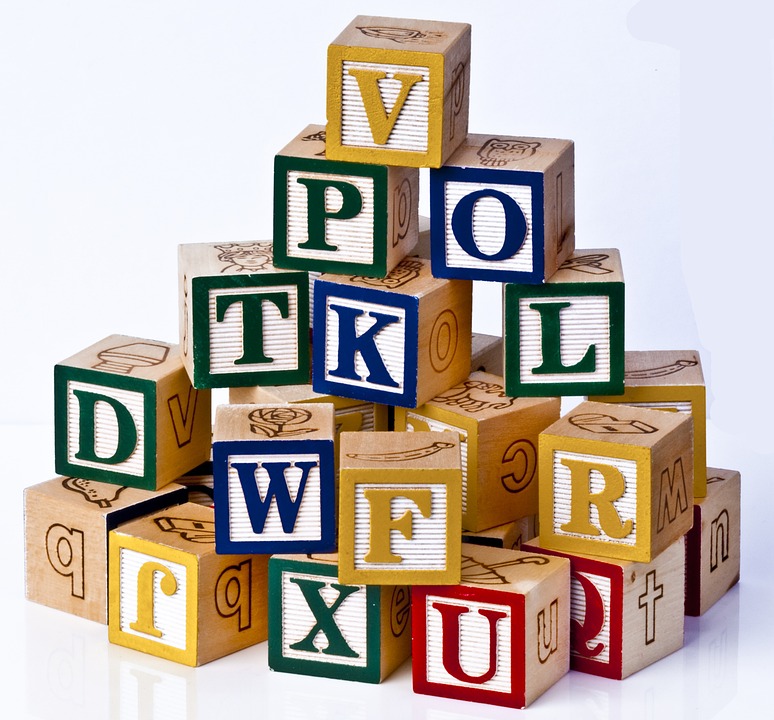Challenges and Solutions in Anticipating the Era of Industry 4.0 in Indonesian Higher Education
The fourth industrial revolution, also known as Industry 4.0, is characterized by the integration of advanced technologies such as artificial intelligence, machine learning, and the Internet of Things into various industries. This rapid technological advancement is reshaping the way businesses operate and creating new opportunities for economic growth. However, the era of Industry 4.0 also presents numerous challenges for higher education institutions in Indonesia.
One of the main challenges faced by Indonesian universities is the need to adapt their curricula to meet the demands of Industry 4.0. Traditional academic programs may no longer be sufficient to prepare students for the rapidly changing job market. Universities must incorporate courses on digital skills, data analytics, and other relevant topics to ensure that graduates are equipped with the necessary knowledge and skills to succeed in the digital age.
Another challenge is the lack of resources and infrastructure to support the integration of technology into teaching and learning processes. Many universities in Indonesia struggle with limited funding for technology upgrades and staff training, making it difficult to keep pace with the rapid advancements in digital technologies. Without adequate resources, universities may struggle to provide students with a quality education that prepares them for the demands of Industry 4.0.
Despite these challenges, there are several solutions that Indonesian higher education institutions can implement to successfully navigate the era of Industry 4.0. One solution is to establish partnerships with industry leaders to gain insights into the skills and knowledge that are in high demand in the job market. By collaborating with industry partners, universities can tailor their curricula to align with the needs of employers and ensure that graduates are well-prepared for the workforce.
Additionally, universities can invest in faculty development programs to enhance the digital literacy and teaching skills of their academic staff. By providing training and support for professors to integrate technology into their teaching practices, universities can improve the quality of education and better prepare students for the challenges of Industry 4.0.
In conclusion, the era of Industry 4.0 presents both challenges and opportunities for higher education institutions in Indonesia. By adapting their curricula, investing in technology and faculty development, and establishing partnerships with industry leaders, universities can successfully prepare students for the demands of the digital age. It is crucial for Indonesian universities to embrace innovation and change in order to thrive in the era of Industry 4.0.
References:
1. KPMG. (2018). The Fourth Industrial Revolution: How Higher Education Can Get Future-Ready. Retrieved from https://home.kpmg/xx/en/home/insights/2018/11/higher-education-industry-4-0.html
2. World Economic Forum. (2016). The Fourth Industrial Revolution: What it Means and How to Respond. Retrieved from https://www.weforum.org/agenda/2016/01/the-fourth-industrial-revolution-what-it-means-and-how-to-respond/










